|
As Oscar week kicks off the filmmaker talks about his journey with Amy
It's been a dream awards season for Asif Kapadia, director of Amy: wins at the BAFTAS's and the Grammys, and honors from critics organizations from London to Los Angeles.
But there is one more prize out there, and needless to say, it's major: the Academy Award for Best Documentary. I just remember looking at footage and thinking, the thing about Amy, that life is never boring. It’s either good or really bad.
Amy is up for the Oscar this Sunday, in competition with Joshua Oppenheimer's The Look of Silence, Matthew Heineman's Cartel Land, Liz Garbus' What Happened, Miss Simone? and Winter on Fire: Ukraine's Fight for Freedom, directed by Evgeny Afineevsky.
Update: Kapadia and producer James Gay-Rees won the Oscar for Best Documentary. To read about their reaction click here.
Since its release in 2015 Amy has become the highest-grossing British-produced documentary of all time, and it made over $8 million during its theatrical run in North America. In a conversation with Nonfictionfilm.com Kapadia said he faced initial resistance about directing a movie on Amy Winehouse, who died at age 27 in 2011.
Asia Kapadia: In the beginning no one wanted to talk to me. No one wanted to make this film. No one wanted to be a part of it because it was all still too painful. It had been too soon, too recent. Because in a way people around her had felt Amy had been [falsely] portrayed in the media -- by journalists, by newspapers, by paparazzi. They were very wary of anyone wanting to make a film because it was like, “Here you come, next person to exploit her.”
Nonfictionfilm.com: How did you convince people to participate?
AK: Initially, [I said], “You don’t know who I am, no reason for you to trust me, so why don’t we just have a conversation, just give me five minutes of your time, let’s just have a chat. I will not bring a crew, a camera, there’s nothing. But I’ll bring a microphone, just to let you know, because I don’t want to sit there writing notes. I don’t know the story. I never met Amy... but I do want to know what happened, I do want to know the story and it’s only going to happen if you trust me so let’s find somewhere quiet, safe, private to sit down and talk.” So the film actually began just with audio, and audio interviews. And one five minute interview would become half an hour, hour, two, three, four, five hours long and they’d only got halfway through the story. A lot of tears, a lot of emotion, very much like a therapy situation. NFF: You wound up using no on-camera interviews for the films, which is quite unusual. AK: My instinct from early on was I only want to see her. She’s quite expressive. Her face is amazing, her eyes are amazing, constantly changing, her shape of face, her hair’s getting bigger, the makeup’s getting bigger. I don’t really want to see the people talking. I just want to see her and understand what’s going on via her eyes or experience it via her.
AK: It was Nick Shymansky, her first manager, who was the first person to open up [in an interview]. Afterwards he opened up his laptop and said, "I’ve got a few videos." He showed me some of his footage that he shot when they were young and hanging out, and driving around in cars. That’s when I thought, okay, I’ve never seen that person before, nobody has. Nobody knew she was that funny and witty and happy and healthy. And that’s when I thought, "We’ve got a movie."
Everybody [we interviewed] would say, “Well, you know how I said I didn’t have any material? Well, actually I’ve got these photographs. I’ve got theses home videos or I’ve got an answering phone message” — something personal to each person. which then bit by bit came together, kind of like a mosaic, to form the images [in the film]. I just remember looking at footage and thinking, the thing about Amy, that life is never boring, It’s either good or really bad. There’s always some drama, there’s always something going on, always.
NFF: You show video of her when she was quite young.
AK: The first scene when she sings Happy Birthday she’s got the voice, she’s just different, she’s different to everyone around her, She has a phrasing and a way of singing, even the best known song in the world, she could do her version of that at age 14. When they were about eight or nine, she and her friends would play hide-and-go-seek in the house. [One time] they couldn’t find Amy. They found her in her parents' room reading Schindler’s List. So when everyone was still running around and being a child, she is reading like really grown up material. So her brain, her intelligence, is one of the things that made her different. Sometimes those are the people that think maybe too much, they can’t switch it off, which can turn into worries and depression. She was constantly pushing it, everything, to the extremes, always... Everything was done to the excess.
AK: We now know this kind of bulimia issue was there from a young age, that lack of boundaries and the lack of people around her sort of saying “no” from a young age meant that she was constantly pushing it, everything, to the extremes, always. When she got her first apartment buying flowers -- she wouldn’t buy a couple bunches of flowers, the house would be full of flowers. If she bought shoes she’d buy 50 pairs of shoes. She bought CD’s, she’d buy a hundred, two hundred CD’s. Everything was done to the excess, because I think right from the beginning I think there was nobody there saying, "It’s too many, and stop." That is already there, this kind of idea of "I just do everything to the maximum."
NFF: One of the things that's remarkable about the film is the rare insight it offers into the creative process.
AK: [Her] ability to write is really the thing I didn’t know too much about. I knew about her voice -- everyone talks about the singing and voice. The writing... it’s personal and it’s from a woman’s point of view… about love and the darkness but also there’s a wit, and a humor and it’s very London. [The lyrics came from] Pages in the diary, literally that’s what they were — pages in her diary, which were just for herself... You see her living life and experiencing something and falling in love and then someone dumps her, then she writes about it. And you totally go, "Oh that’s him! That’s the moment she’s talking about." And "Rehab" is [about] a real moment, a real thing happened. She didn’t change lots of the story. It’s like a documentary. Her songs are documentaries. They’re factually very, very detailed and specific and about real people. She had no co-writer, she came up with the music herself, she sang the songs herself, she could sing live, she played the guitar, you know the whole thing, amazing at that young age. And every performance was different, it was original because that kind of jazz thing — "This is how I feel now, this is how I’m going to perform the song now, because I’m feeling different to last week or the week before." I didn’t realize -- I thought I was making a film about her and I didn’t realize it is a film about art and an artist and where does art come from.
NFF: You show her in the recording studio and then play the finished track, allowing us to appreciate how close those versions were.
AK: The thing about Amy was that when you hear her vocal on a record basically she sang that song two or three times, and that was it. There were no edits. There’s no tuning, there’s no, "Oh, let’s just drop in this bit or drop in that bit." She did the whole song through, two or three times and every record you heard was unique and it was that take two or take three, or, "Should we just use the first take?" And that was it. NFF: In the film we see her coming apart as her fame grows, and the questionable decisions of people around Amy when she was at her most vulnerable. AK: At the time [members of the public] were all wondering, "What’s going on? What’s happening with this person, why is she on stage, why is she performing in that state, stumbling around the streets in London and why has nobody taken her home and keeping her out the limelight or getting her out of Camden?" NFF: As a viewer you just want to reach through the screen and grab her and save her. AK: Many people around her made decisions that weren’t really great for her... She did need love and support and protection. That’s maybe what she needed, not people to keep pushing, "keep performing, keep doing one more show, just one more show, just one more show." That’s what added up. NFF: You think of this extraordinarily rare musical gift she had and then you begin to think, maybe it was a curse. Was there any way for her to have escaped this fate that seemed to mark her from the beginning of that voice emerging?
AK: I think so. I think there has to be. I think there are lots of people that have got amazing talent that can live to a ripe old age. In her case it was the mega-fame and money and the people that it brought [that doomed her].
From the people that knew her, and from what I’ve seen, just creating, writing music, performing music, being a jazz musician, or doing a hip hop album or being in smaller venues, I think she would have been quite happy doing that. I think it’s what happens when you become really famous, really successful and the money and the people that the money brings and I think that made it muddy and confusing, I think that’s when the real kind of self-medicating started. I know we always hear about those [artists] that have died young, but there are enough great musicians that live to a ripe old age that had their issues and who came through it and I think she could have been one of those people. There has to be another way.
|
AuthorMatthew Carey is a documentary filmmaker and journalist. His work has appeared on Deadline.com, CNN, CNN.com, TheWrap.com, NBCNews.com and in Documentary magazine. |
- Home
- News
- Videos
-
Galleries
- 2019 Tribeca Film Festival
- Full Frame Documentary Film Festival
- 2019 SXSW Film Festival
- SXSW 2018 Gallery
- 2019 Sundance Film Festival
- Outfest 2018 Photo Gallery
- Outfest 2017
- Sundance 2018 Photos
- 2017 LA Film Festival
- 2017 Cannes Film Festival
- Tribeca Film Festival 2017
- SXSW 2017 Gallery
- 2017 Berlin Film Festival
- Sundance 2017 Gallery
- 2016 Los Angeles Film Festival
- Cannes Film Festival 2016
- SXSW 2016 Gallery
- Berlinale 2016 Gallery
- Sundance 2016 Gallery
- Filmmaker Gallery
- About
- Contact
Proudly powered by Weebly
- Home
- News
- Videos
-
Galleries
- 2019 Tribeca Film Festival
- Full Frame Documentary Film Festival
- 2019 SXSW Film Festival
- SXSW 2018 Gallery
- 2019 Sundance Film Festival
- Outfest 2018 Photo Gallery
- Outfest 2017
- Sundance 2018 Photos
- 2017 LA Film Festival
- 2017 Cannes Film Festival
- Tribeca Film Festival 2017
- SXSW 2017 Gallery
- 2017 Berlin Film Festival
- Sundance 2017 Gallery
- 2016 Los Angeles Film Festival
- Cannes Film Festival 2016
- SXSW 2016 Gallery
- Berlinale 2016 Gallery
- Sundance 2016 Gallery
- Filmmaker Gallery
- About
- Contact

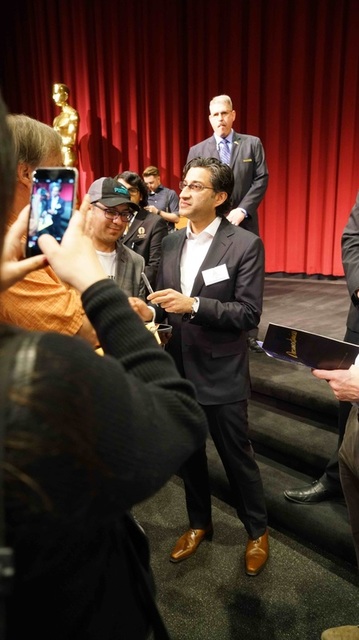
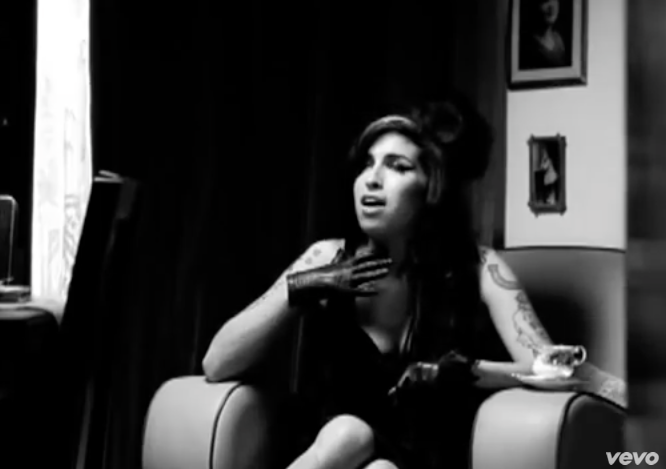
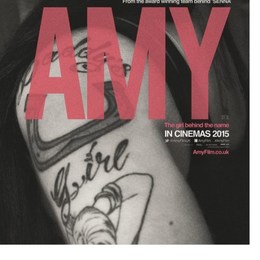
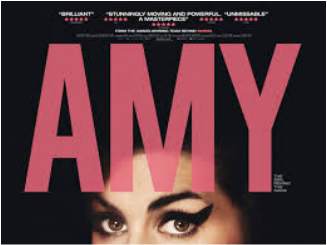
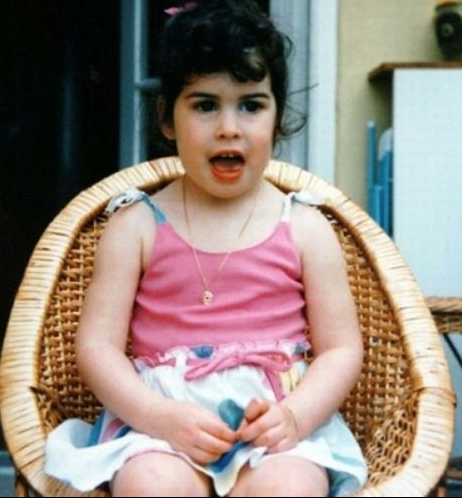
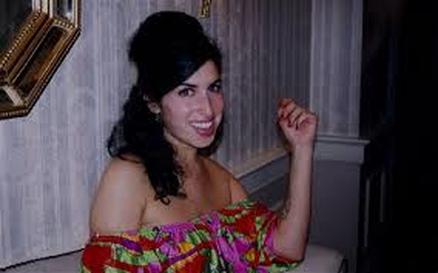
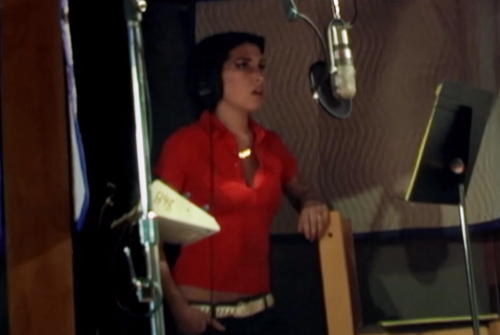
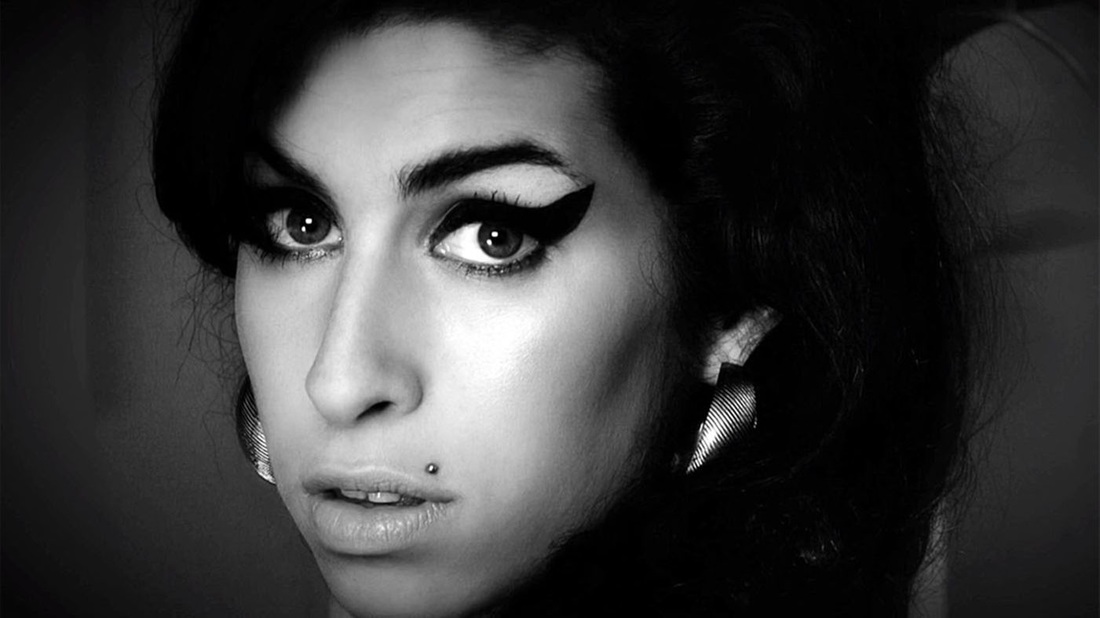
 RSS Feed
RSS Feed